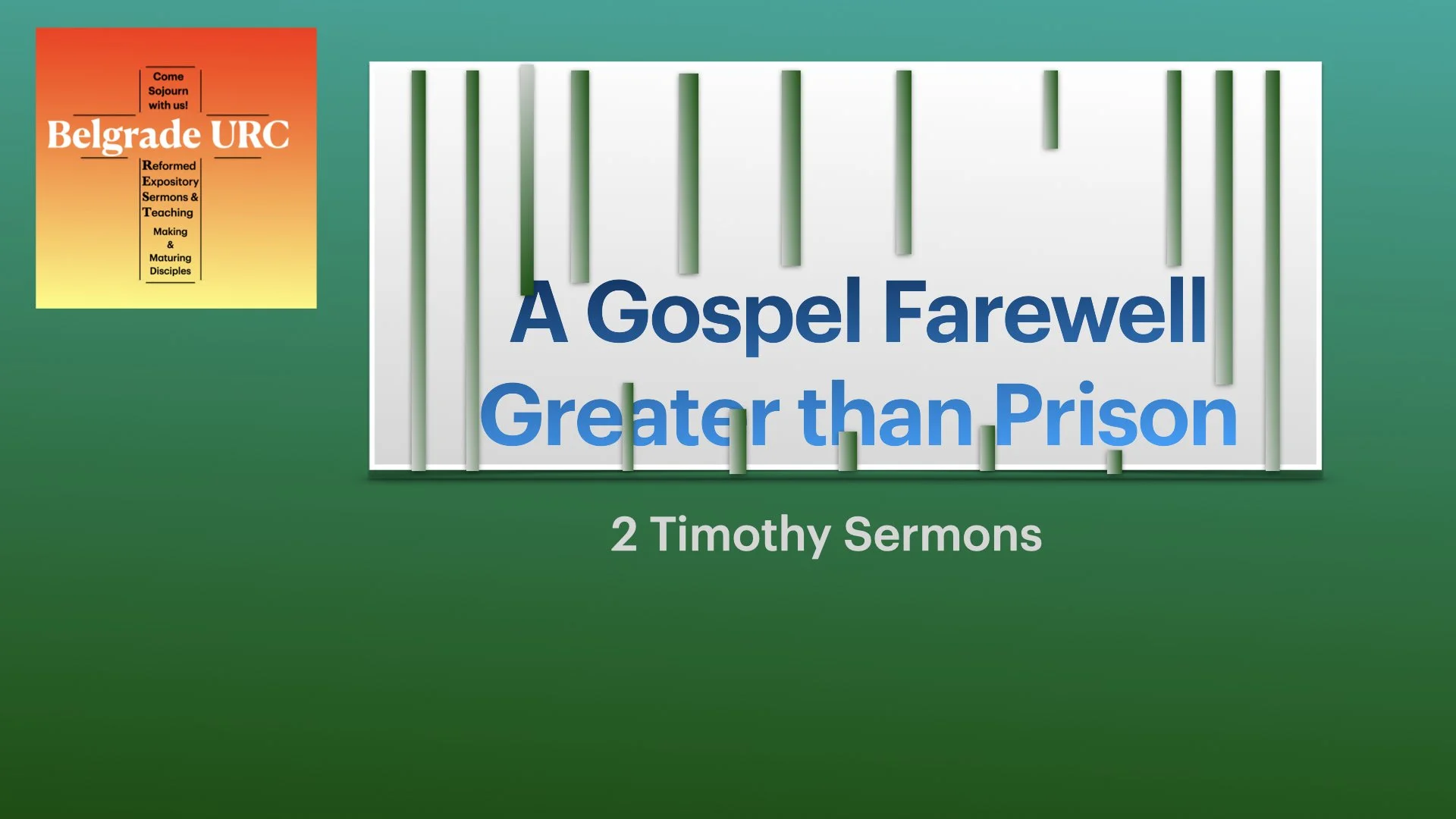Removing our Shame (Hosea 2:14-23)
/The Lord promises to transform his people. This is not some outward makeover, but internally. We will move from being people enslaved to Baal's ownership and idolatry to a people transformed by the Lord. How much we need to take comfort in the Lord showing his mercy and compassion to us in Christ Jesus. #expositorypreaching #hoseaseries #gospelpreaching



